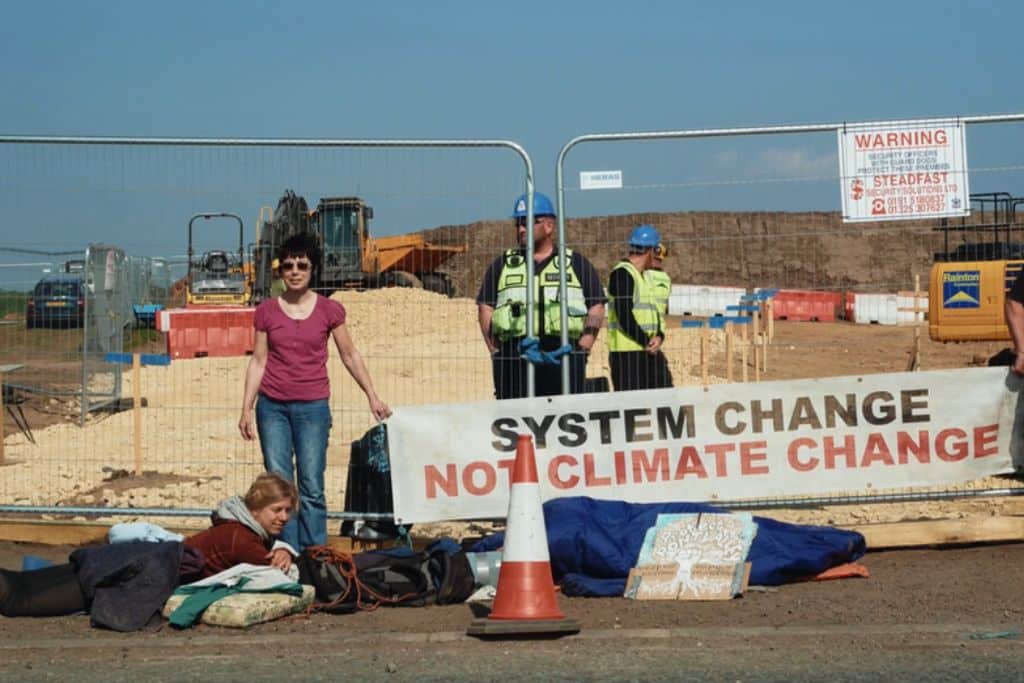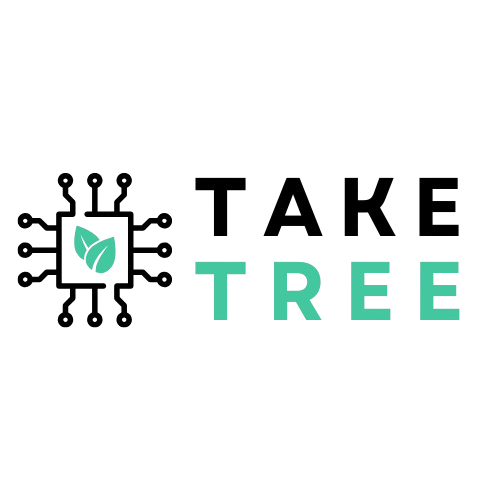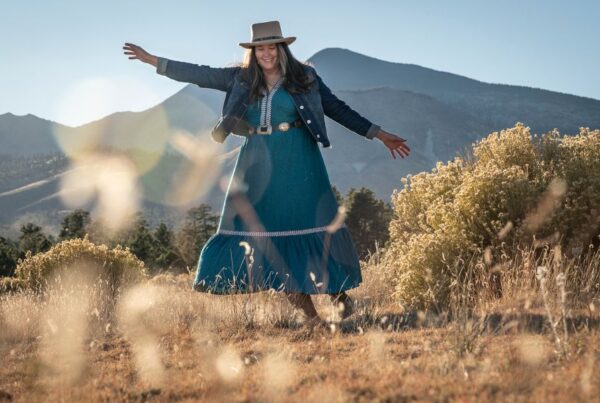
One of the most stunning effects of open-cast coal mining is likely the enormous destruction of natural habitats. As part of the process, sizable areas of land must be cleared, uprooting intricate ecosystems. According to the disappearance of topsoil and vegetation, some species are immediately in danger from like a drastic loss of biodiversity. Additionally, a significant factor in global warming is the significant amount of greenhouse gas emissions produced by burning coal for energy. The environment has changed as a result of open-cast mining, leaving obvious scars on the planet’s surface. Two communities in the UK are the subject of a recent documentary titled” Finite: The Climate of Change,” in which local activists are demonstrating their opposition to an opencast coal mine.
—
Activism Gains the Upper Hand
The urgency of climate activism is emphasized in the documentary” Finite: The Climate of Change.” Rich Felgate, a director and producer who is also an climate activist, has participated in campaigns against the fossil fuel industry, including the closure of Ffos-y-Fran, the largest coal mine in the UK, in Wales. The movie shows the true impact of human actions on the environment and emphasizes the effectiveness of group efforts to overcome seemingly overwhelming odds. It does this by capturing the essence of immediate action through the perspectives of frontline communities, activists, and fossil fuel corporations.
The context of” Finite” is consistent with the ongoing fight against coal imports and exploitation in the UK, which is being fought valiantly by groups like the Coal Action Network. The documentary’s emphasis on the process of enacting climate action as an activist is significantly influenced by Anne Harris from Coal Action Network. They work to ensure justice for the Pomp Valley populations who have been impacted by coal by addressing the role that coal has played in steelworks, power plants, and traditional consumption.
The film, according to Felgate, is released at a crucial time when the world is debating contradictory messages about climate change and coal mining. The discrepancy between political actions and global commitments to stop global warming is extensively discussed in an exclusive interview with Felgate and Harris. The movie provides a lens through which viewers can understand the intricate interactions between industry, policy, and the environment.
The Unseen Face of Coal Mining in the Open Cast
By focusing on legislative gaps that can be used to assert the protection of ecosystems and biodiversity, Felgate and Harris have been ready to combat the negative effects of opencast coal mining in the UK. Finding Great- crested newts was Coal Action Network’s first problem to address due to the difficult task of going through legal documents, which, as Harris points out, is” not for everyone.”
Given the rare and protected nature of this animal, it is crucial that the Coal Action Network and residents of the Pont Valley request the government’s biodiversity protection in the area in order to protect these newts, as Felgate captures in his film. It was determined that there was no population of gold-crest newts in the area after it was claimed to be protected. Harris asserts that “if you do n’t look for it, you wo n’ll not find it.”
Coal Action Network embarked on a mission to find silver- crested newts on their own due to the discrepancies in diligence regarding the government’s processes, which were put in place to protect biodiversity and ecosystems.
The glaring discrepancy between the government’s claims to help climate change through protective measures and their true actions began to become more and more obvious as the network and residents of the Pomp Valley fought tooth and nail to report their discovery of a gold crested newt.
Harris noted that the Section 106 Agreement has been one for flaw in the government’s strategy. In order to protect locals, coal mines are given rules and regulations on how they can and cannot operate under this section. But, breaking joined rules has no negative effects on the business or the developers. Harris remarked,” This document is meaningless because the governmental document does not hold them responsible.
The higher courts acknowledged the flaws in this legislation and demanded to “remake” a decision, which has yet to happen and has not seen little progress, after Coal Action Network’s legal team wrote to the Secretary of State to ask to revoke this system.
The revelation of the system’s favoritism of developers and their lack of consistency in upholding what they set out becomes more and more apparent as the documentary progresses. thus highlighting the challenges faced in a setting where environmental activists are underrepresented.
According to the US Climate Envoy, the 21 Best Environmental Films of 2023 include” New UK Coal Mine Goes in Opposite Direction” to Fight Against Climate Change.
A Melting Pot of Opinions: Climate Action
Felgate and Harris think that the cause of climate action is a melting pot of opinions, in contrast to sensationalized media coverage, polarized viewpoints from behind the scenes, and illegal climate deniers. According to Felgate, a person’s “fear of feeling threatened” and the feeling of “disempowerment” are at the very heart of their disagreement with climate action.
Having communities that are livable for everyone is the final objective of climate action. According to Harris,” when there are actual people it, attitudes can change and a community can be created.”
Felgate even discussed the significance of separating climate deniers from those who merely harbor resentment toward protesters. The latter is frequently misplaced and is interpreted by the opposition as a general denial of climate change. Consequently, it manifests itself in a setting where climate action is never since well-supported as it ought to be.
Harris asserts that “most people are n’t indifferent; rather, they are simply caught up in the system and constrained by life circumstances.” Despite the difficulties that climate activists like Felgate and Harris encounter, they bring a new perspective to the fore and constantly seek common ground.
Finite: The Climate of Change forces society to confront the uncompromising reality of the negative effects of open-cast coal mining as it moves from theaters to screens. We are at a pivotal point in the fight against climate change, and it acts as an instrument for education, empowerment and, ultimately, the creation of the green future.
Featured picture is provided.
The 21 Best Environmental Films of 2023 may even be of interest to you.

